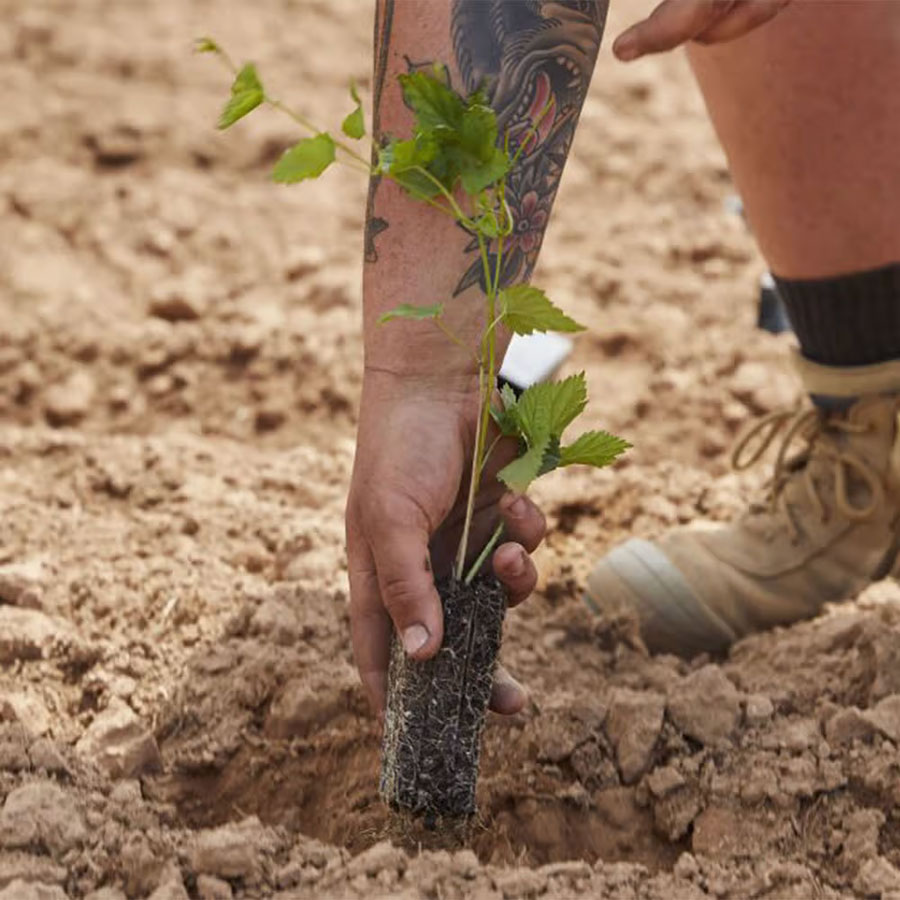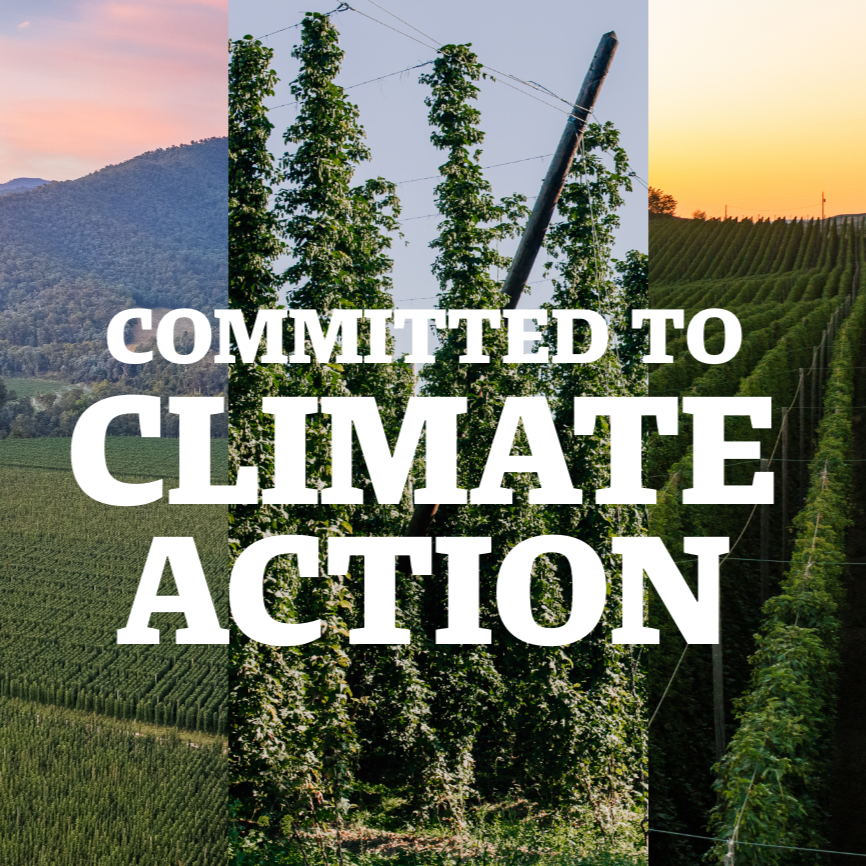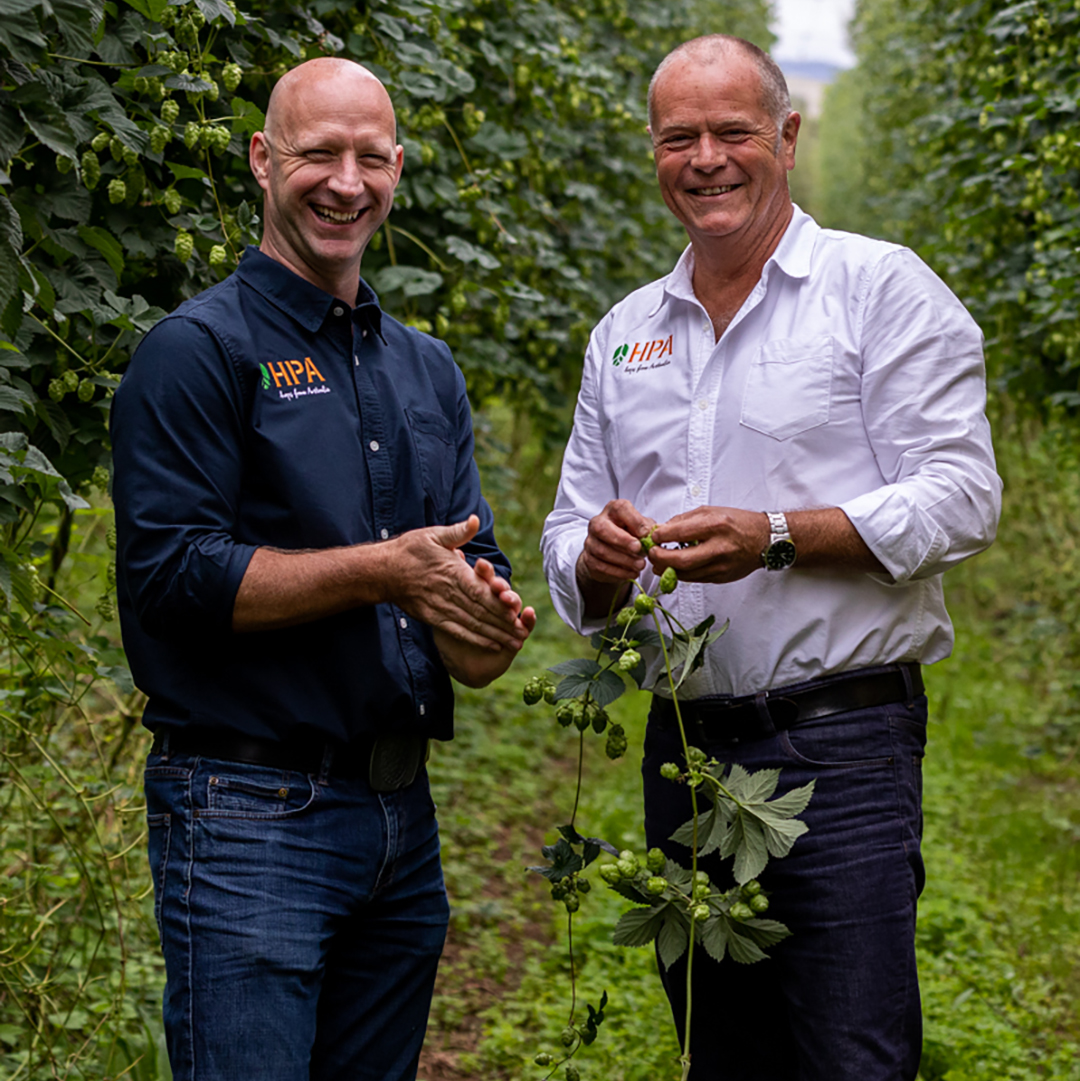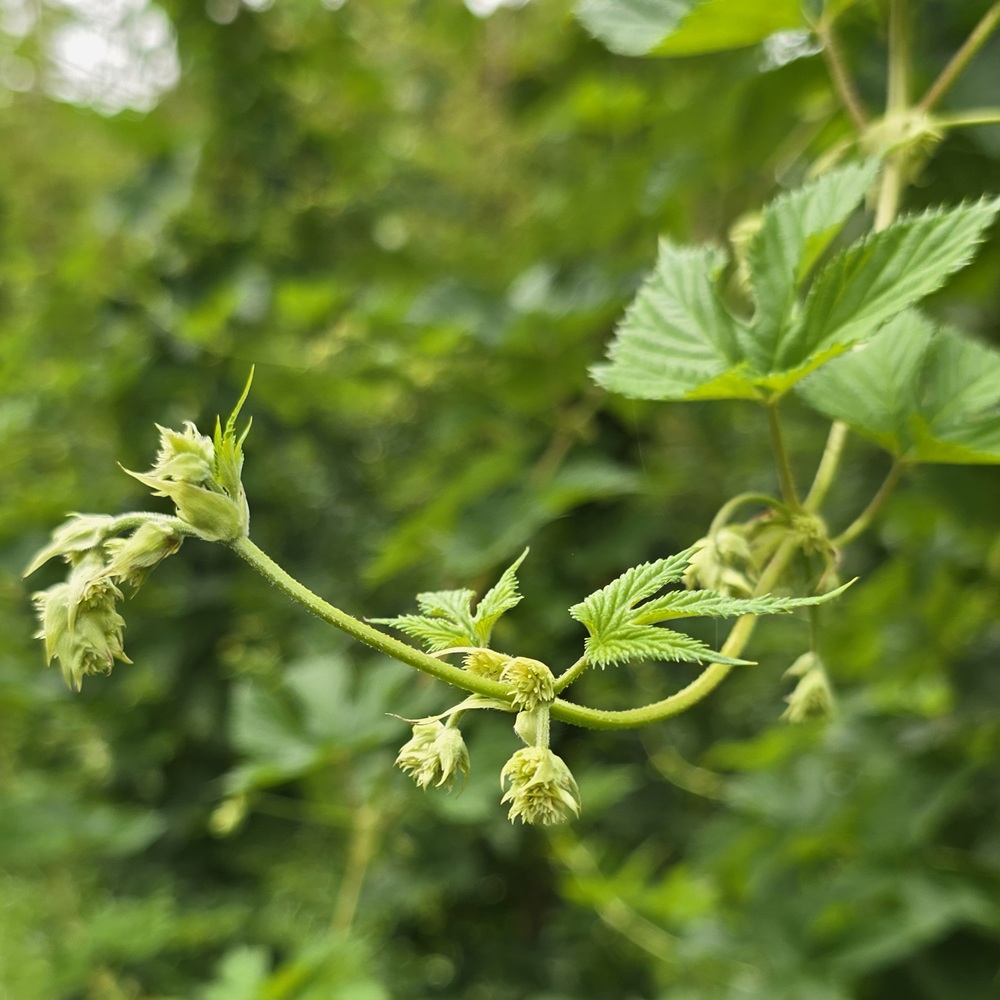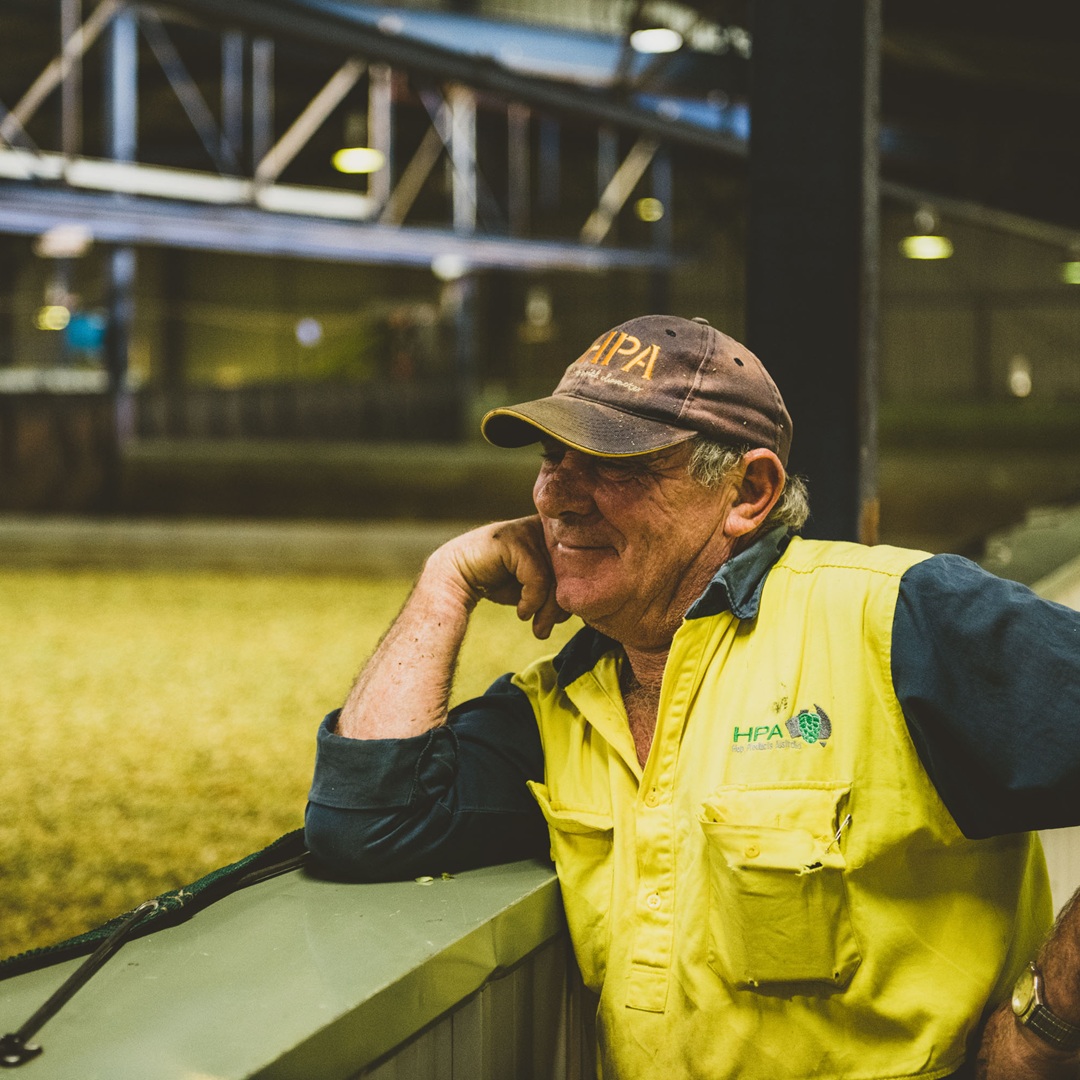The past five years represent an unprecedented time in the hop industry’s history with demand growing more quickly than growers can accommodate. But the fundamentals of the market have not changed just because everyone is drinking craft beer. Hop growers are still as sensitive to over supply as they ever were, particularly with the recent downturn in volume due to COVID-19.

The hop industry needs a foundation on which to plan for the future. This was once easy when there were fewer, larger breweries buying hops. Now, the craft beer movement has led to an increase in smaller, incremental buyers which magnifies the effect of an unpredictable harvest or the ever-changing tastes of consumers.
Hop contracts are a necessity if we ever hope to have hop supply meet hop demand. They provide growers with valuable insights into the direction of the market, enable them to invest in quality and capacity improvements, and adjust their acreage accordingly. By entering into a hop contract, breweries are supporting the industry by:
- Providing growers with better insight into demand
- Projecting the variety and expansion required for growers to successfully support brewers
- Preventing shortages, overages and variety discontinuation
- Creating more certainty and stability in the industry
A hop contract is a legal document where two promises are made. A brewery promises to take possession of, and pay for, specific varieties and volumes of hops. A supplier promises to deliver those hops. Generally, all hop contracts are forward contracts with best practice being to enter a minimum 12-month contract for the hops your brewery uses most often (although three to five years is now pretty standard) and reserve spot purchases for one-off batches, small canning runs and/or unexpected growth. We offer forward contracts starting from as little as 5kg cartons.
Accurate forecasting is important to prevent brewers taking more than needed, which eventually leads to the sub-selling of hops. Brewers can accurately forecast their hop needs using the following approach:
- 2020: Contract 90-100% of projected needs from 2021 crop
- 2021: Contract 75-80% of projected needs from 2022 crop
- 2022: Contract 50-75% of projected needs from 2023 crop
- 2023: Contract 25% of projected needs from 2024 crop
Each year, the brewery should move these contracts forward, writing additional contracts that fill out its needs.
Since overall production, brands and recipes are likely to change, contracts should be reviewed and adjusted regularly. As you build a relationship with your supplier this becomes more of an ongoing conversation about what your needs might be and how they can assist you in reaching your goals. Most breweries will have more than one supplier who will each offer slightly different terms and approaches to contracting.
We are thankful for the brewers who contract responsibly, understand the importance of the documents they sign, and fulfil their obligations. In return, we also strive to contract responsibly by maintaining a reserve that allows for some agricultural variance, and growing the most stable crop we possibly can so we fulfil all our obligations as well.
